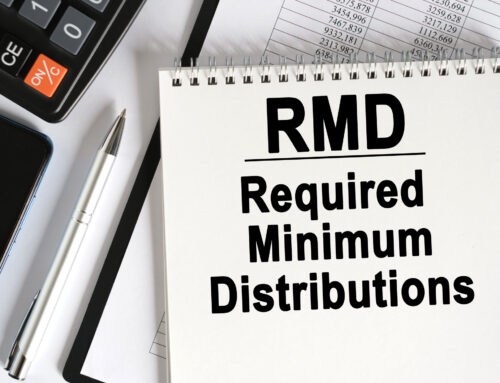
For many retirees, Social Security isn’t just a monthly deposit—it’s the foundation of their entire retirement income. But choosing when to claim it isn’t as simple as picking a birthday and signing paperwork. It’s a decision with lifelong consequences.
Consider claiming early, as it may potentially lead to a reduction in your annual expenses. It’s important to have a financial plan to avoid potential income loss. In a world where every dollar in retirement counts, the timing of your Social Security benefit is one of the most crucial financial decisions you’ll ever make2.
The Case for Claiming Early (Age 62)1
It’s tempting to start claiming benefits as soon as you’re eligible. After all, it’s your money—you’ve earned it.
Pros:
- Immediate Income: If you’re out of work, have health issues, or need to reduce withdrawals from your retirement accounts, early benefits can be a lifeline.
- Break-Even Strategy: If your life expectancy is shorter than average, collecting sooner may result in more total lifetime benefits.
Cons:
- Reduced Monthly Benefit: Claiming at 62 results in a permanent reduction—up to 30% less than if you waited until full retirement age (FRA).
- Working Penalty: If you’re still working, your benefits may be reduced further if your income exceeds certain thresholds.
This option can be helpful in specific cases, but many people claim early out of fear or misinformation—and that can cost them quite a bit of money over their retirement.
The Value of Waiting (FRA to Age 70)
Delaying your claim past full retirement age may potentially lead to larger monthly checks. .
Pros:
- Help Boost Retirement Income: For every year you wait past FRA, your benefit grows by about 8% annually until age 70.
-
- The cost-of-living adjustments amplify this increased amount.
- Increased Survivor Benefits: A higher benefit means your spouse may also receive more after you’re gone.
- Mitigating the Risk of Longevity: Delaying benefits can be an effective hedge if you live into your 80s or 90s, helping to ensure income keeps up with your needs.
Cons:
- Delayed Regular Income: You need other income sources to bridge the gap until your benefit begins.
- Risk of Not Living Long Enough: If you die early, you may not “get your money’s worth” from delaying.
Still, for many retirees—especially those in good health or with longer life expectancies—waiting can result in hundreds of thousands more over a 30-year retirement.
Getting It Right
There’s no universal “best age” to claim Social Security. The real cost isn’t just financial—it also involves the lifestyle you may have to forgo. Get it wrong, and you might find yourself having to downsize, delay retirement, or rely more heavily on your savings. By striving to get it right, and you can unlock income potential and gain more confidence in your future.
This is too important to guess on. A personalized claiming strategy can be the difference between scraping by and thriving in retirement. Meet with a financial advisor to model your options—your future self will thank you.
Sources:
The source(s) used to prepare this material is/are believed to be true, accurate and reliable, but is/are not guaranteed. This information is provided as general information and is not intended to be specific financial guidance. This presentation is not endorsed or approved by any other Government Agency.
SWG 4505712-0525




